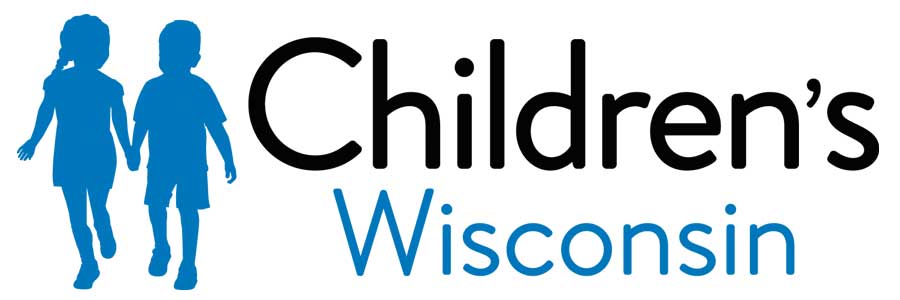Sedation in the Emergency Department (1288)
Key points below
What is sedation?
Sedation medicines help soothe and calm your child before and during a procedure.Often times, children are nervous, upset, or have pain before a procedure. In the emergency room (ER) medicines are used to help your child feel relaxed, calm, or to fall asleep before a procedure.
How is it done?
Most sedation medicine is given in a vein through an IV. Some are given by mouth or a mask. This depends on your child and the procedure to be done. While your child is sedated, a nurse will use equipment to monitor your child’s heart rate, breathing and oxygen levels often. Staff are fully trained and will carefully watch your child.What happens during sedation?
The medicine may take a few minutes to work. We may need to use more medicine during the procedure to keep your child comfortable. When sedated, some children will fall asleep. Some will be awake but groggy. Others may be fussy and crabby. Depending on the procedure, you may or may not be able to stay with your child. Most children who are sedated will not remember the procedure. Most of the medicines used in the ER wear off quickly.What happens after sedation?
• After the procedure, your child will be watched until the medicine wears off.• Your child will be given something to drink once the medicine wears off. Your child may have an upset stomach or throw up, feel crabby, or upset after sedation.
• Some children are dizzy when they stand. Your child will need to be watched closely for the rest of the day to make sure that they do not fall.
• Have your child stay home and play quietly for the rest of the day. The provider will tell you when your child can return to usual activities, such as daycare or school. They should not do any activity needing balance. This includes climbing and bike riding.
• At home, give your child a light snack. Do not give foods that are greasy or spicy.
For other health and wellness information, check out this resource: https://kidshealth.org/ChildrensWi/en/parents
